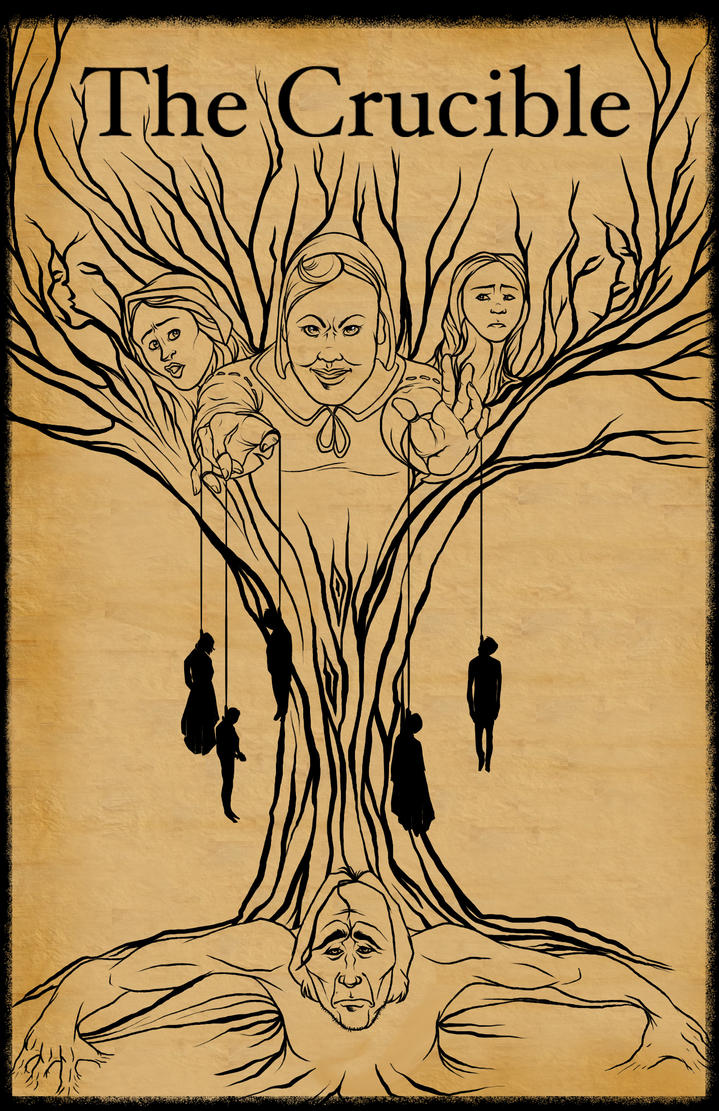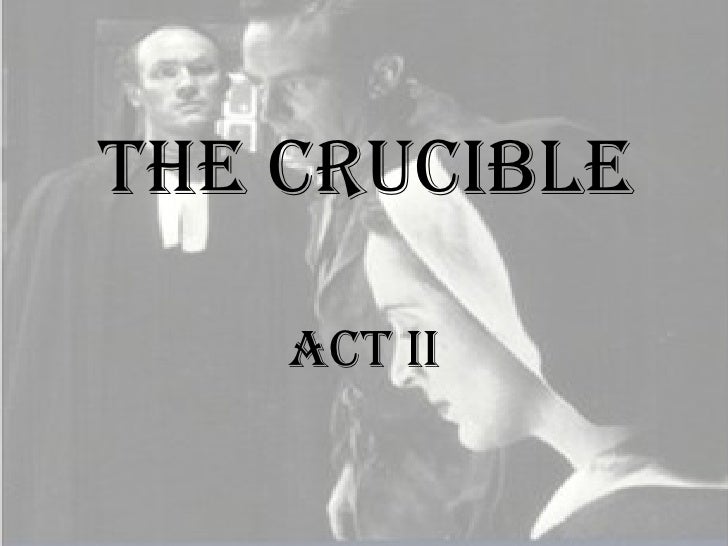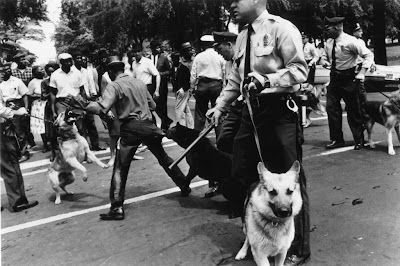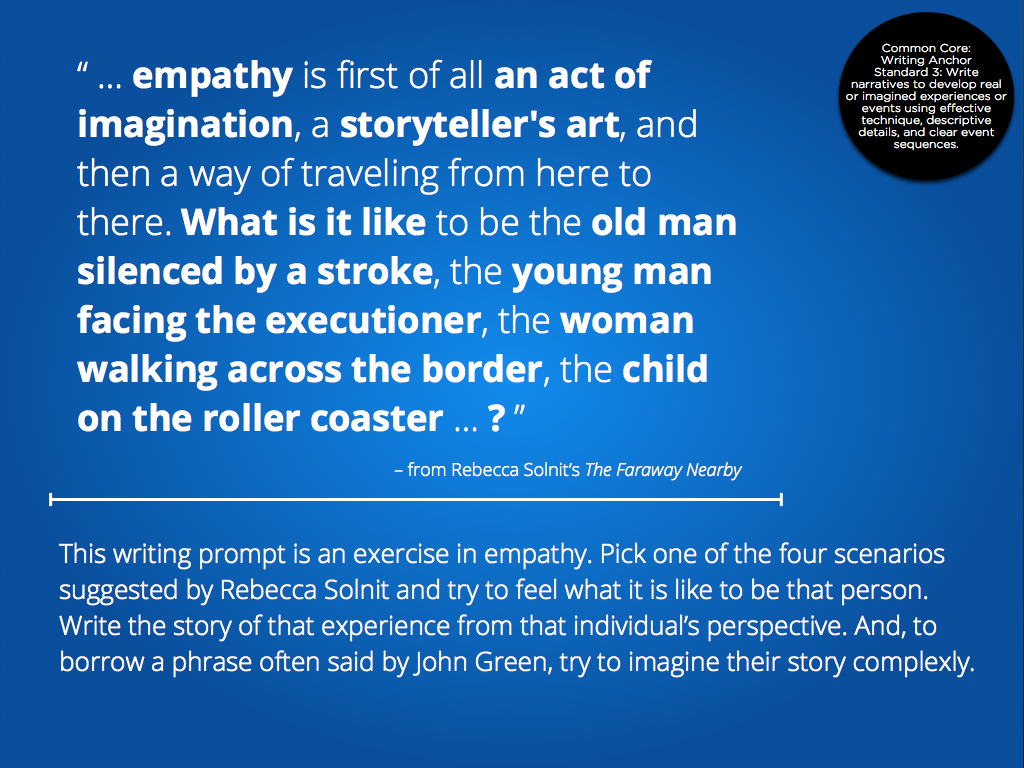August 29, 2014
E.Q: What the significant events in Act Three?
How does The Crucible relate to the Civil Rights movement?
Obj: I can summarize an act in The Crucible.
I can make connections.
Starter:
Free Write

Activity:
1. Finish Act Three
Pages 101-End of Act Three
Danforth
Abigail
Mary Warren
Mercy Lewis
Proctor
Susanna Walcott
Herrick
Francis
Cheever
Elizabeth
Hale
Narrator
Hathorne
Parris
In your notebooks respond to the following questions in a minimum of 2-3 sentences for EACH one:
1. What does John Proctor's confession show about his character?
2. How does this support his role as the protagonist?
3. What is significant about Elizabeth lying to the court?
4. Why does Abigail pretend to see the yellow bird? Why does she say it is Mary Warren?
5. Interpret: Proctor, his mind wild, breathless: I say- I say- God is dead!
Narrator
Hathorne
Parris
In your notebooks respond to the following questions in a minimum of 2-3 sentences for EACH one:
1. What does John Proctor's confession show about his character?
2. How does this support his role as the protagonist?
3. What is significant about Elizabeth lying to the court?
4. Why does Abigail pretend to see the yellow bird? Why does she say it is Mary Warren?
5. Interpret: Proctor, his mind wild, breathless: I say- I say- God is dead!
2. Graphic Organizing
With your tables, you will create a spider map of act three.
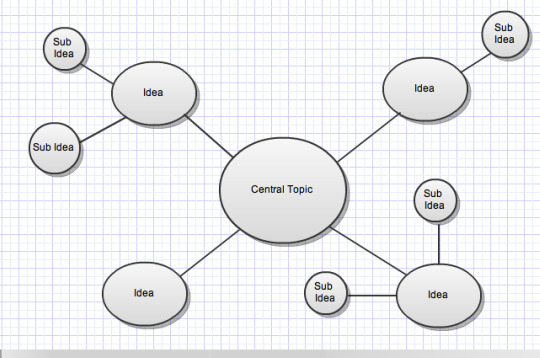
Your "central topic" will be Act Three.
Requirements:
7 Ideas
3 Sub Ideas off each Idea
Colorful
Organized
Show where other Sub Ideas connect.
3. Making Connections
Civil Rights Movement

Choose ONE of the two topics to read about.
In a TPEQEA paragraph answer the question:
How were these events a result of fear?
If you do not finish this in class, finish for homework.
Closure:
Reflecting on your TPEQEA skills, which letter do you need most help with and why?






